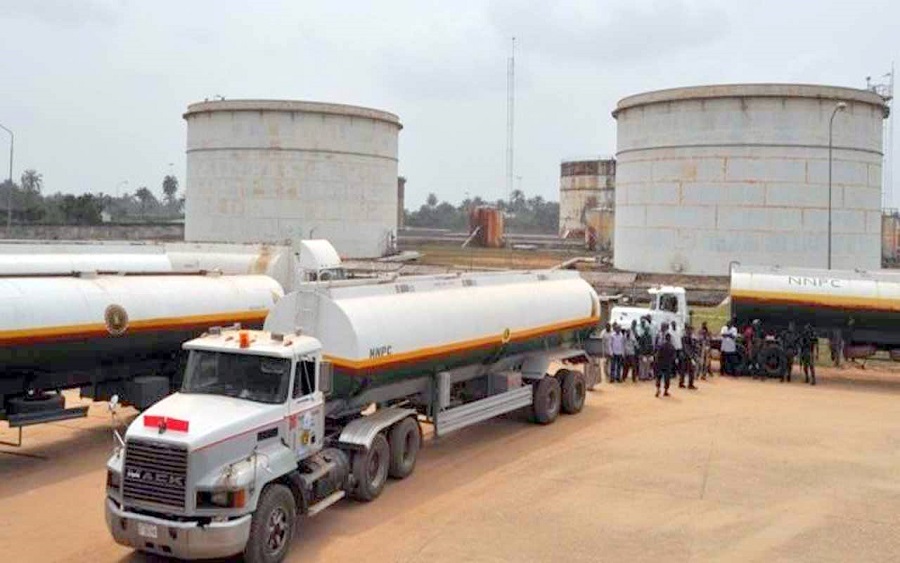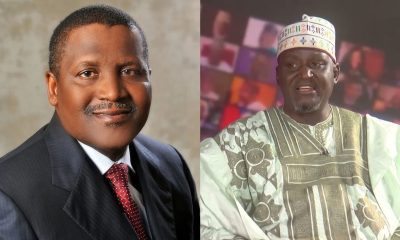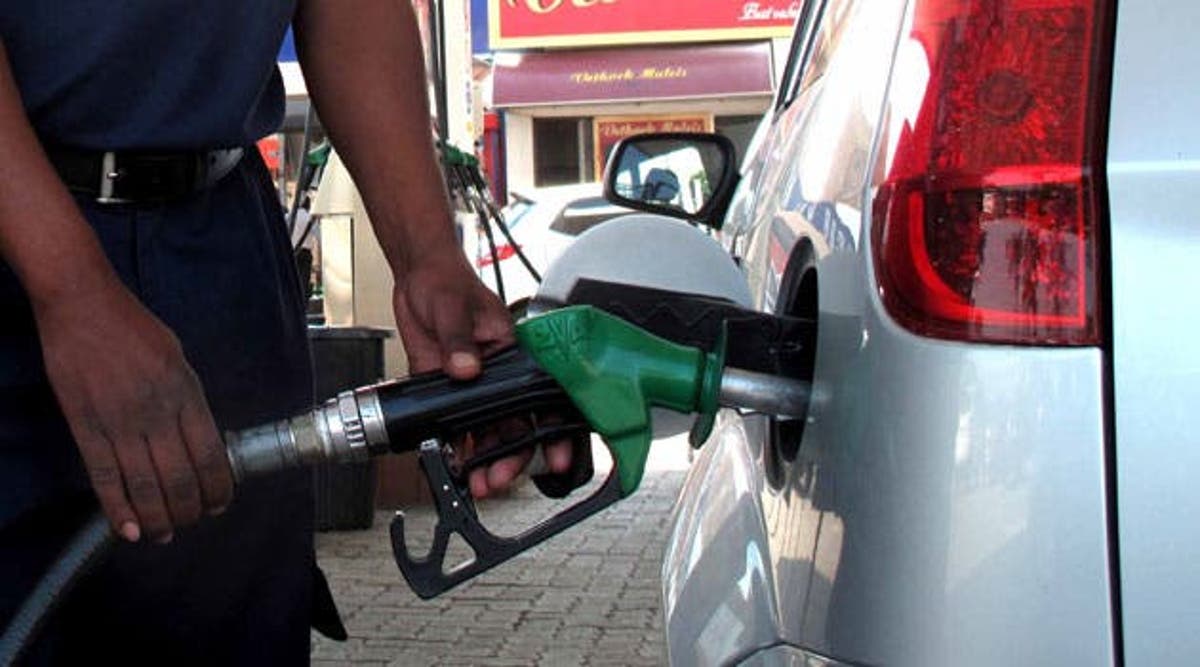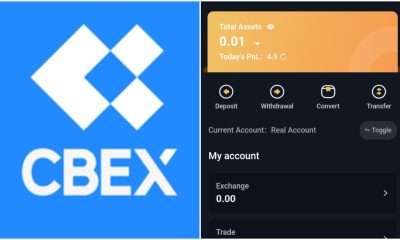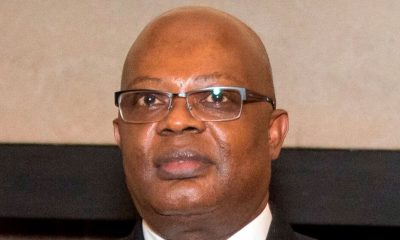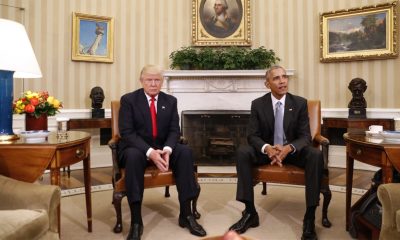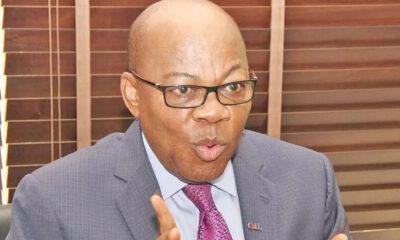Filling stations yet to reduce petrol price after Dangote slashes rate
For the second time in one week, Dangote Petroleum Refinery has announced a reduction in the price of premium motor spirit (PMS) otherwise known as petrol.
With effect from yesterday (April 16th, 2025), the gantry price (ex-depot price) of petrol would now go from N865 to N835.
This would be the second price reduction within a week as Dangote Refinery earlier slashed the price from N880 to N865 per litre.
However, as of yesterday, prices are yet to change at most filling stations including the retail outlets belonging to the Nigerian National Petroleum Company Limited (NNPCL).
While marketers welcomed the decision by Dangote, they however expressed mixed reactions over what they called, “arbitrary” reduction which portends losses to the market.
Group Chief Branding and Communications Officer of Dangote Industries, Anthony Chiejina, in a statement said, “High-quality Dangote petrol will now be available at the following prices across all our partner retail outlets….”
He said key partners, including MRS, AP (Ardova), Heyden, Optima Energy, Hyde and Techno Oil, will offer petrol at N890 per litre, down from N920 in Lagos.
In the South West, the price will be N900 per litre, reduced from N930 while in the North West and North Central, the price will be N910 per litre, lowered from N940.
READ ALSO:
In the South East, South South, and North East, the price will be N920 per litre, down from N950.
The statement said, “These price reductions reaffirm our commitment to providing high-quality petrol at affordable rates, benefiting consumers across the nation. In addition, we are working collaboratively with our partners to ensure equitable reflection of this price reduction.
“Dangote Petroleum Refinery has consistently worked to reduce the prices of petrol and other refined petroleum products, ensuring the continued benefit of Nigerian consumers. For example, in February, the refinery reduced prices twice by N125. In addition, products such as diesel and Liquefied Petroleum Gas (LPG) have also experienced significant price reductions due to the refinery’s sustained efforts.
“We anticipate that this latest reduction in PMS prices will generate a positive ripple effect throughout various sectors of the economy, providing much-needed relief to consumers and contributing to broader economic growth, particularly during the Easter season.
“Dangote Petroleum Refinery remains steadfast in its commitment to ensuring a steady supply of premium-quality petroleum products, with sufficient reserves to meet domestic demand, along with a surplus for export. This strategy is designed to support the stability of the domestic market while also contributing to the growth of Nigeria’s foreign exchange reserves.”
The refinery however called on industry stakeholders, including marketers and distributors, to continue sourcing their products from the refinery, ensuring that the benefits of these price reductions are fully realised across the country.
It was learnt that the reduction in price of crude oil was one of the reasons behind the price change.
Global crude oil price has been experiencing volatility in recent times as the US tariff war rages.
Crude oil edged more than 2% higher on Wednesday following expectations of tensions easing in the US-China trade war.
At 1:28 p.m. ET, Brent crude was trading up 2.09% at $66.02, while the US benchmark, West Texas Intermediate (WTI), was trading up 2.12% at $62.63.
But as of 8 p.m. yesterday, Brent Crude further dipped to 65.77.
As of the time of filing this report, most filling stations across the country are yet to adjust their pump prices with a litre of PMS still sold as much as N990 in some parts of Nigeria.
In Kano, some independent stations were selling at N990 while the NNPC and MRS were selling at N945. In Maiduguri, Bornu State, a litre was sold at between N950 and N980.
In Abuja, NNPCL sells at N950 per litre while other major stations sell between N955 and N960.
There are indications that NNPCL would also adjust its pump price as it is always the case when Dangote slashes its price but as of the time of filing this report, the price adjustment has not been done.
Filling stations yet to reduce petrol price after Dangote slashes rate
Daily Trust

